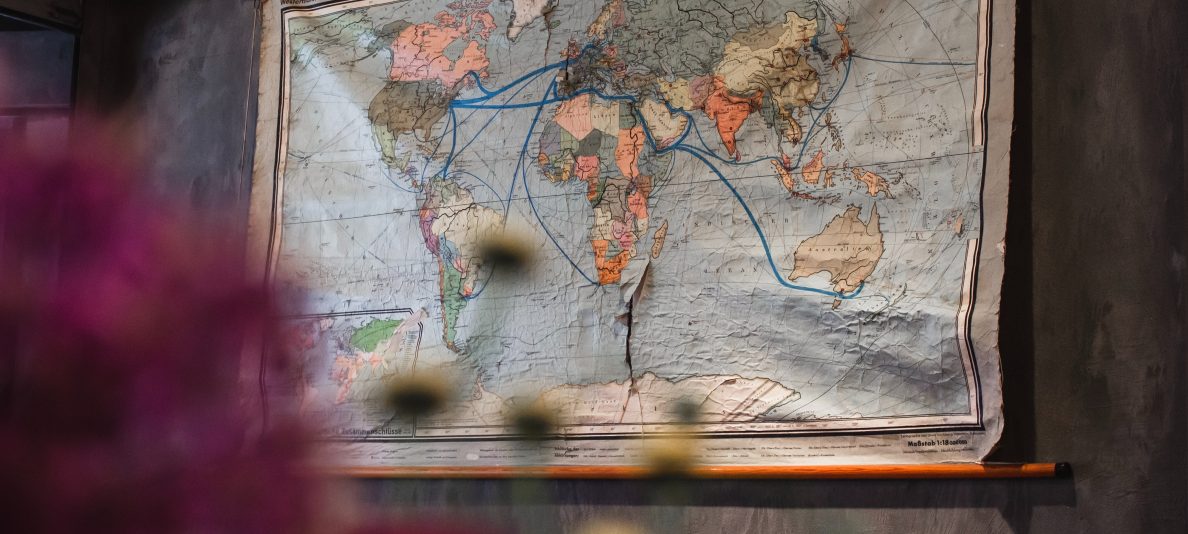That’s what the poor man at the American Institute in Taiwan said. AIT serves as a de facto US embassy in Taiwan, and I was there taking care of some routine matters. Others, like the student I met who had been so excited about navigating the city in a taxi by himself that he left his backpack and passport in the cab, had more pressing issues.
The man who turned away from the window in despair, who told us all, “Never die in Taiwan,” had just presented documentation concerning his recently deceased wife. He needed to prove that she had died to show that he wasn’t trying to remove his children from the country against her wishes. This was his second or third visit, and the person behind the window was sending him back for translated copies—from Chinese to English, or from English to Chinese—or for some other paperwork that seemed impossible to obtain. The man looked so defeated. The death of a loved one overseas must truly be a distressing experience, in so many ways. I can only imagine how hard it is.
Recently I was jumping around the Web and looked up repats just to see what was out there on the repatriation process, say, for returning cross-cultural workers. One of the top sites listed was repats.com. That seemed like just what I was looking for, but the text underneath wasn’t what I expected:
Funeral Repatriations – Rapatriements funéraire – Funeraire repatriëring
So repats.com is a funeral site. That means, I thought, that repatriation must refer to sending a person’s spirit back “home,” to heaven. What an interesting use of the word. But as it turns out (as most of you probably already knew), for funeral operators, repatriation means returning the deceased’s remains to the country of origin.
Obviously, there is a lot to take care of in this kind of repatriation process: There are laws to follow, the paperwork, the physical aspect of transporting the body, the expense, the disruption of normal day-to-day life overseas, the stress and grief, and the coordination of cultural and religious customs. Avalon Repatriation Services, located in the United Kingdom, gives the following overview of some of the varied practices around the world:
- In France for example, a body must be embalmed and placed in a wooden coffin 24 hours after death.
- In Islamic countries, it is the widely-held belief that the deceased should be buried before sundown or within 24 hours, without embalming.
- In the United States, embalming is common practice. In many countries—when embalming does take place—it is a qualified embalmer’s job, whereas in some countries, for example Portugal and Spain, it is against the law for anyone but a qualified doctor to undertake this procedure.
- Those of Jewish faith believe that the body should be returned to the earth it came from and are therefore against cremation.
- Hindus cremate their dead, believing that the burning of a dead body signifies the release of the spirit and that the flames represent Brahma, the creator.
My misunderstanding the meaning of repatriation reminds me of the Japanese film Departures, winner of the 2009 Academy Award for Best Foreign Language Film. It tells the story of an unemployed cellist, Daigo, who answers a newspaper ad titled “Departures.” He thinks he’s applying for a travel-agency job but instead ends up taking a job as a nokanshi, someone who ceremonially prepares bodies for burial. Daigo learns the trade from Sasaki, his boss, who becomes his mentor. And Daigo learns also to overcome opposition from his family and friends and to face his own fears, finding deep meaning in his new vocation.
This is a great film. It’s been one of my family’s favorites ever since my son brought home a copy. Just listening to the theme song in the trailer reminds me of the deep emotions that are explored in the story. I think it’s about time I watched it again.
(“Catering for Different Religions,” Avalon Repatriation Services)
[photo: “Go West,” by halfrain, used under a Creative Commons license]


It’s complicated enough for Chinese themselves to follow the rituals of a funeral in a Chinese society. Cultural differences are never easy in such circumstances. I presume the American Institute in Taiwan would have helped its citizens, regardless of the US-Taiwan diplomatic status?
LikeLike
Thanks for the comment. I do want to clarify, though. The man’s frustration wasn’t the result of the workers at AIT (though he may not have agreed at the time). They were doing their best to help him through a terrible situation. But from what I could tell, their hands were tied by red tape. There are some things that are difficult, no matter which side of the window you are on.
LikeLike
I lived in Taiwan for just over 5 years, and I could fully understand what youn meant. I went to get my passport stamped at some very important office a few times, and would not want to be in the same room with those rude and inefficient officials again.
LikeLike